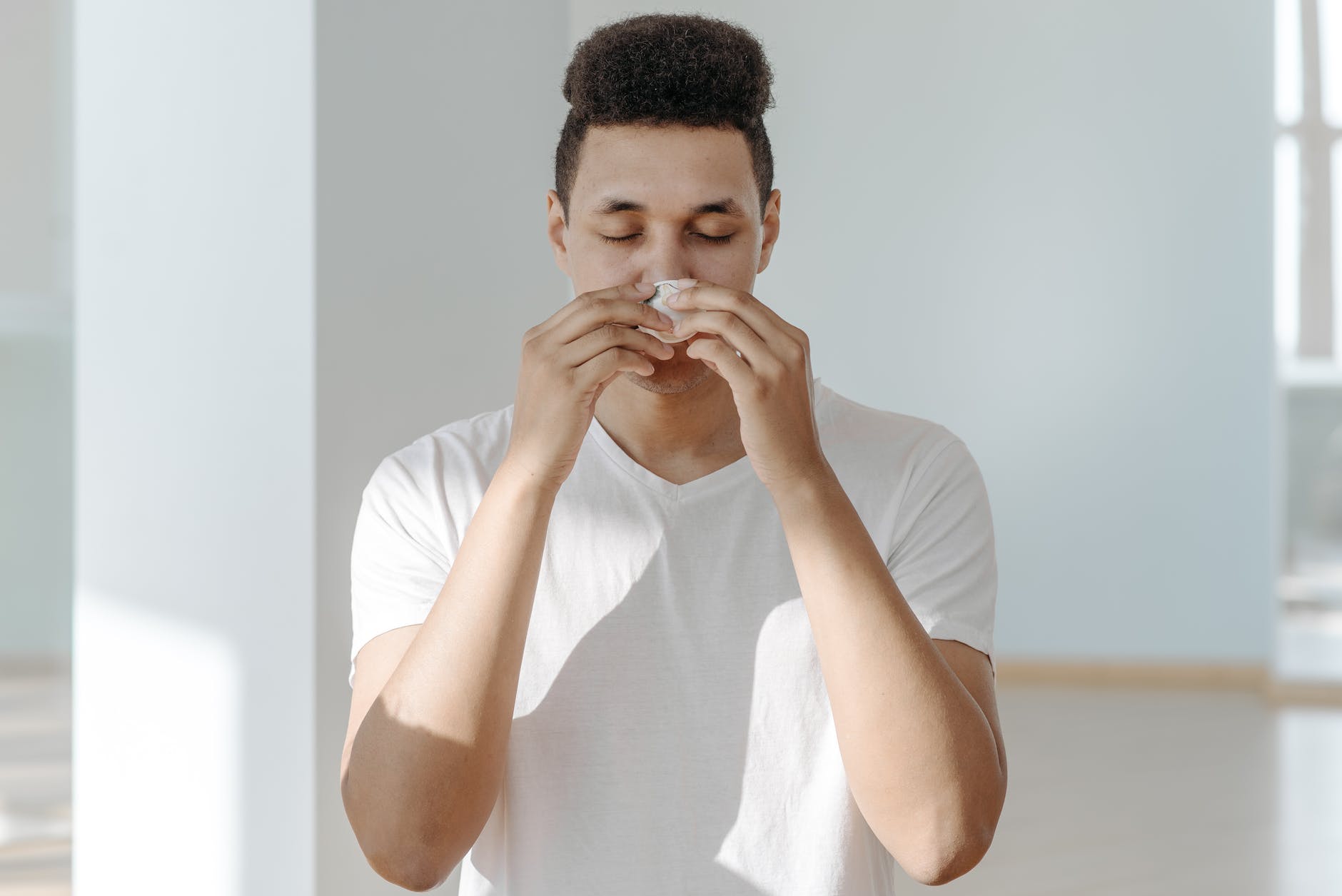
Allergy shots, also known as allergen immunotherapy, are a commonly prescribed treatment for individuals with severe allergies. These shots aim to desensitize the immune system to specific allergens over time, providing long-term relief from allergic reactions.
While they’re generally safe, getting an allergy shot like these could bring up some potential side effects that you need to be aware about.
Let’s dive into the world of allergy shots, exploring their benefits, the potential side effects, and how to navigate the treatment process for optimal results.
Understanding Allergy Shots
Allergy shots work by introducing gradually increasing amounts of allergens into the body over a period of time. This exposure urges the immune system to develop tolerance, subsequently lessening the severity of these allergic reactions.
The treatment begins with an allergist identifying the specific allergens causing reactions in the individual. Once identified, a customized treatment plan is developed. The patient receives regular injections containing tiny amounts of these allergens.
After some time, the dosage is steadily increased, prompting the immune system to become less reactive to the allergens. Allergy shots are often recommended for individuals with severe allergic conditions that significantly impact their quality of life.
This condition mainly includes allergic rhinitis (hay fever), asthma, and insect sting sensitivities. Those who experience persistent and bothersome symptoms despite traditional treatments such as medications or allergen avoidance are potential candidates for this treatment.
Common Side Effects
Understanding the common side effects of allergies can help individuals recognize their body’s signals and seek appropriate treatment.
Here are some of the common side effects individuals tend to experience:
Local Reactions at Injection Site
The most widely recognized side effect of allergy shots is a mild response at the injection site. This might lead to redness, swelling, or delicacy.
These responses are for the most part gentle and subside in a couple of hours. Applying a cold compress and avoiding any excess contact on the area can assist with alleviating these side effects.
Systemic Reactions
In some cases, people might encounter systemic responses not long after getting an allergy shot. These reactions might involve symptoms such as sneezing, nasal congestion, hives, coughing, or an itchy throat. As these symptoms are not severe, they can be managed with over-the-counter antihistamines.
Less Common Side Effects
Severe Local Reactions#=
Although rare, severe reactions at the injection site can occur. These may include excessive swelling, severe pain, or the formation of a lump. Such responses could require clinical attention and ought to be reported to your medical services provider.
Systemic Reactions
While uncommon, some individuals might experience more severe systemic reactions, including widespread hives, wheezing, difficulty breathing, or a drop in blood pressure. These reactions are typically managed by healthcare professionals and often warrant an evaluation of the treatment plan.
Managing Side Effects
While individuals experience side effects, it is important to manage them properly to ensure a successful treatment journey and prevent any further severe reaction.
Communication with Healthcare Provider
Openly communicating with your healthcare professional is important throughout the process. Discuss any side effects you experience, regardless of their severity.
Your medical services supplier can change your treatment plan or suggest proper interventions based on your reaction.
Dosage Adjustments
In many cases, side effects can be overseen by changing the amount of allergen extract present in the shots. Your healthcare provider might slow down the dose increase or temporarily lower the dose if you experience significant reactions.
Pre-Medication
Depending on your medical history and the severity of your allergies, your healthcare provider might recommend pre-medicating with antihistamines before receiving an allergy shot. This can help mitigate potential reactions.
Minimizing Risk
- Proper Administration: Ensuring that allergy shots are administered by trained healthcare professionals in a medical setting reduces the risk of complications. The proper technique minimizes the chances of adverse reactions.
- Observation Period: After receiving an allergy shot, you will be observed for some time in the clinic. This precautionary measure allows healthcare providers to respond promptly to any immediate reactions that might occur. If you experience any uncommon side effects subsequent to leaving the clinic, for example, hives, trouble breathing, or swelling, contact your healthcare professional right away.
- Avoid Vigorous Exercise: Refrain from engaging in strenuous physical activities immediately after an allergy shot. Any Intense activity might possibly set off an allergic response or intensify existing side effects.
Final Verdict
Allergy shots can be a groundbreaking treatment choice for people troubled by extreme allergies, offering long-term help and improved personal satisfaction. While potential side effects do exist, they are often mild and manageable.
By understanding the potential responses, discussing transparently with your medical care supplier, and paying attention to their guidance, you can explore the allergy shot treatment process with certainty.
The benefits of reduced allergic reactions and improved well-being far outweigh the potential risks. As with any clinical treatment, partnering with your medical services professional is the way into an allergy shot journey.






